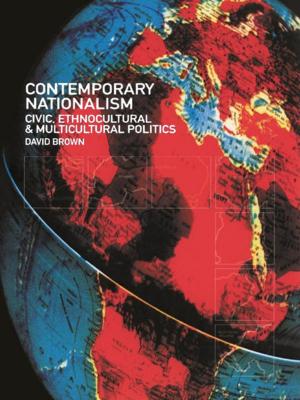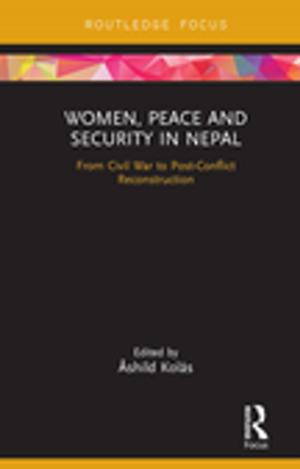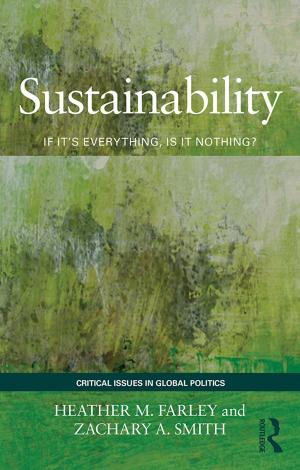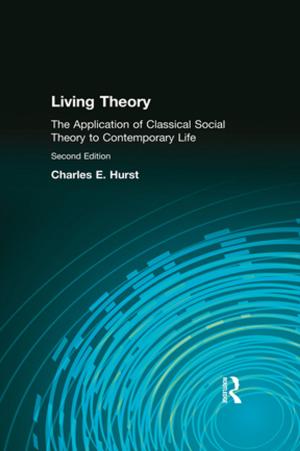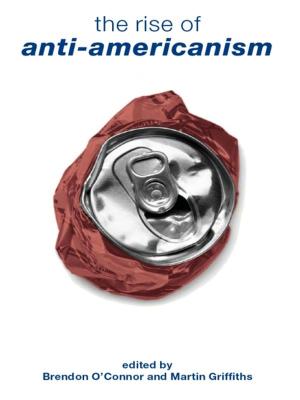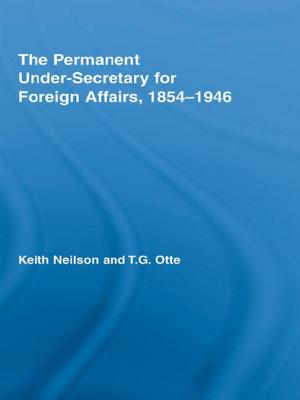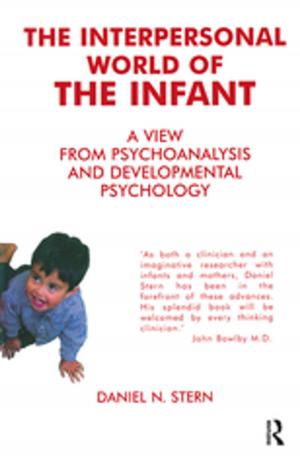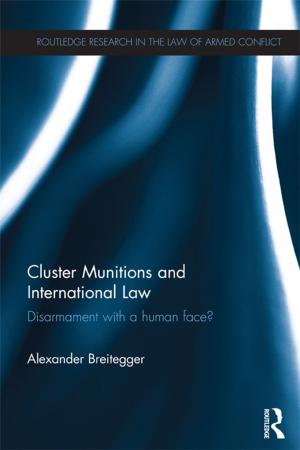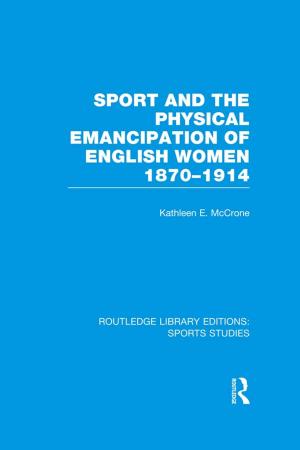City of Well-being
A radical guide to planning
Nonfiction, Art & Architecture, Architecture, Planning, Social & Cultural Studies, Social Science, Human Geography| Author: | Hugh Barton | ISBN: | 9781315438665 |
| Publisher: | Taylor and Francis | Publication: | November 10, 2016 |
| Imprint: | Routledge | Language: | English |
| Author: | Hugh Barton |
| ISBN: | 9781315438665 |
| Publisher: | Taylor and Francis |
| Publication: | November 10, 2016 |
| Imprint: | Routledge |
| Language: | English |
City of Well-being provides a radical and holistic introduction to the science and art of town planning. It starts from the premise that the purpose of planning is the health, well-being and sustainable quality of life of people. Drawing on current and historic examples it offers inspiration, information and an integrated perspective which challenges all professions and decision-makers that affect the urban environment. It is both authoritative and readable, designed for students, practitioners, politicians and civil society.
The science. Summarizing the most recent research, the book demonstrates the interrelationships between the huge issues of obesity, unhealthy lifestyles, inequality, mental illness, climate change and environmental quality. The radical implications for transport, housing, economic, social and energy policies are spelt out.
The art and politics. The book examines how economic development really happens, and how spatial decisions reinforce or undermine good intentions. It searches for the creative strategies, urban forms and neighbourhood designs that can marry the ideal with the real. The relationship of planning and politics is tackled head-on, leading to conclusions about the role of planners, communities and development agencies in a pluralistic society. Healthy planning principles could provide a powerful logical motivation for all practitioners.
City of Well-being provides a radical and holistic introduction to the science and art of town planning. It starts from the premise that the purpose of planning is the health, well-being and sustainable quality of life of people. Drawing on current and historic examples it offers inspiration, information and an integrated perspective which challenges all professions and decision-makers that affect the urban environment. It is both authoritative and readable, designed for students, practitioners, politicians and civil society.
The science. Summarizing the most recent research, the book demonstrates the interrelationships between the huge issues of obesity, unhealthy lifestyles, inequality, mental illness, climate change and environmental quality. The radical implications for transport, housing, economic, social and energy policies are spelt out.
The art and politics. The book examines how economic development really happens, and how spatial decisions reinforce or undermine good intentions. It searches for the creative strategies, urban forms and neighbourhood designs that can marry the ideal with the real. The relationship of planning and politics is tackled head-on, leading to conclusions about the role of planners, communities and development agencies in a pluralistic society. Healthy planning principles could provide a powerful logical motivation for all practitioners.



